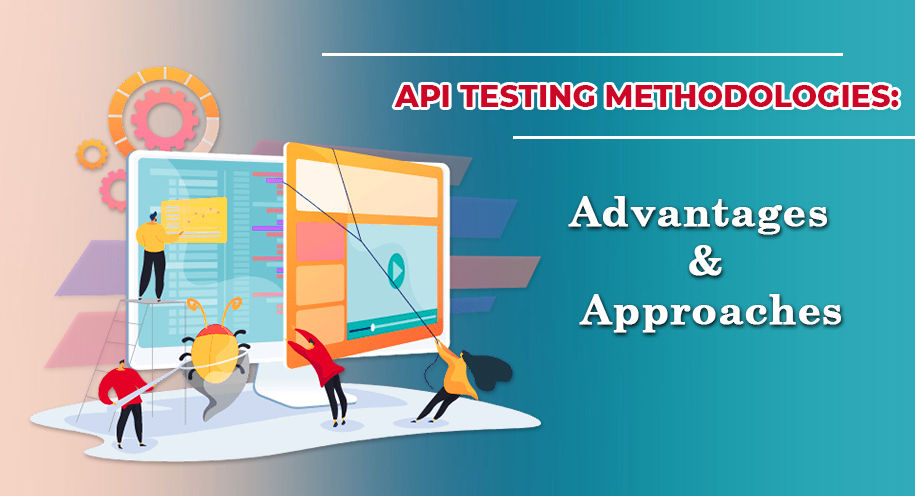
What is the Fintech app development: types, features and costs
In this article, we will explore the world of fintech app development. You will learn about the different types of fintech apps and the features they offer. We will also discuss the costs associated with developing a fintech app.
What is fintech app development?
Fintech app development is the process of creating financial technology applications. These apps are designed to make it easier for people to manage their finances and make better financial decisions. There are many different types of fintech apps, each with its own unique set of features and costs.
Some common examples of fintech apps include budgeting apps, investment apps, and money management apps. Budgeting apps help users track their spending and stay within their budget. Investment apps allow users to manage their portfolios and make investment decisions. Money management apps help users track their bank accounts, credit cards, and investments in one place.
Each type of fintech app has its own set of features and costs. Budgeting apps typically have features like expense tracking, bill reminders, and budget templates. Investment apps usually have features like stock market tracking, portfolio analysis, and investment advice. Money management apps often have features like account aggregation, transaction history, and spending reports.
The cost of developing a fintech app depends on the type of app, the number of features, and the complexity of the app. Budgeting apps can cost anywhere from a few thousand dollars to tens of thousands of dollars to develop. Investment apps can cost.
Read Also- The Complete Guide To 3D Character Modeling For Games
The different types of fintech apps
When it comes to fintech app development, there are a few different types of apps that you can develop. Here is a quick overview of the different types of fintech apps that you can develop:
- Payment Apps: These types of apps allow users to make payments using their mobile devices. Some popular payment apps include Apple Pay, Android Pay, and Samsung Pay.
- Money Transfer Apps: These apps allow users to transfer money from one account to another. Some popular money transfer apps include Venmo and PayPal.
- Investing Apps: These apps allow users to invest their money in various investments, such as stocks, bonds, and mutual funds. Some popular investing apps include Robinhood and Acorns.
- Savings Apps: These apps help users save money by automatically transferring a set amount of money from their checking account into their savings account each month. Some popular savings apps include Digit and Qapital.
- Budgeting Apps: These apps help users manage their finances by tracking their income and expenses. Some popular budgeting apps include Mint and You Need a Budget (YNAB).
- Credit Score Tracking Apps: These apps help users track
The features of a fintech app
There are many features that are common among fintech applications. These features allow users to manage their finances and make payments easily and securely. Some of the most famous segments include:
-A budgeting tool: This allows users to track their spending and income, so they can stay on top of their finances.
-A payment gateway: This allows users to make payments using their fintech app.
-A financial news feed: This keeps users up-to-date on the latest financial news, so they can make informed decisions about their money.
-A rewards system: This gives users points or cash back for using the fintech app, which they can then use to save money or make purchases.
The cost of fintech app development
When it comes to fintech app development, there are many factors that can affect the overall cost. This includes the type of app you want to develop, the features you want to include, and even the platform you want to develop for.
One of the biggest factors in determining the cost of fintech app development is the type of app you want to develop. For example, a simple banking app might not cost as much to develop as a more complex investment app. The type of app you choose will also affect the features you can include and how much customization you can do.
Another important factor in determining the cost of fintech app development is the platform you choose to develop for. Some platforms, such as iOS, are more expensive to develop for than others. The reason for this is that iOS apps require a higher level of security and compliance than other platforms. This means that developers need to put in extra work to make sure your app meets all the requirements for Apple’s App Store.
The last factor that can affect the cost of fintech app development is the number of features you want to include in your app. The more features your app has, the more expensive it will be to develop
How to develop a fintech app
When it comes to fintech app development, there are a few key things to keep in mind. First and foremost, you need to understand the different types of fintech apps and what features each one offers. Once you have a good understanding of the various types of fintech apps, you can start to narrow down your choices and decide which one is right for your needs.
Next, you need to consider the cost of developing a fintech app. This can vary depending on a number of factors, such as the complexity of the app and the experience of the development team. However, it’s important to get an estimate of the costs before you begin any project so that you can budget accordingly.
Finally, you need to think about the timeline for developing a fintech app. This will again depend on a number of factors, such as the complexity of the app and the availability of the development team. However, it’s important to set realistic expectations for yourself and your team so that you can avoid any delays or surprises down the line.
By keeping these key tips in mind, you can develop a fintech app that meets your specific needs and budget.
Conclusion
Fintech app development has come a long way in recent years, and there are now a wide variety of options available to businesses looking to develop their own fintech app. While the cost of development can vary depending on the features and functionality required, it is generally more affordable than traditional app development. In addition, fintech apps often offer more flexibility and customization than other types of apps, making them ideal for businesses that want to create a unique experience for their users.




